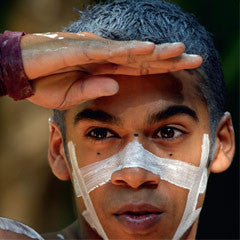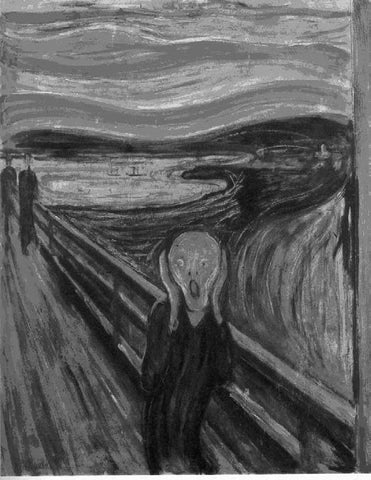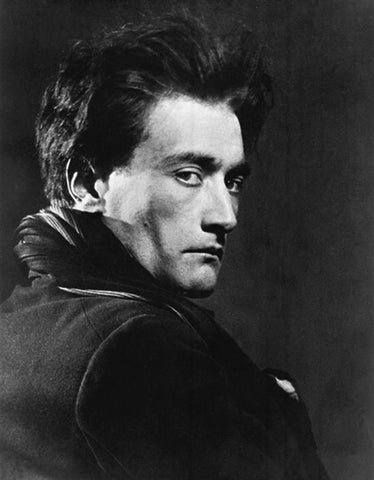
Devising
£14.95
This scheme of work aims to prepare students for devising their own piece of theatre (Edexcel Unit 3) by giving them a wide range of open-ended stimuli to choose from. Each explorative session allows students to explore a new stimulus and at the end to choose the one that they feel has the most potential to be developed into a piece of theatre.
One major advantage of this is that it allows the students to work with the stimulus that most interests them, and generally leads to more variety of work if there is more than one group within the class. The end of the summer term preceding the A2 year provides a great opportunity to explore the stimulus, allowing students to dive straight into the devising process in the new year with the one they have chosen.
At the beginning of this process I always go through the assessment criteria with the class and emphasise the exam board comment that ‘the most successful [devised work] incorporated choral work and physical theatre taking influences from companies such as Frantic Assembly, DV8 and Complicite’. (Taken from Edexcel Examiners’ Report.) You will see in the sessions below that there are links made to particular practitioners.
It is advantageous if the students have already done some introductory work with these practitioners: these sessions then act as a recap and allow them to explore possible styles for their final piece. Try to encourage them to think beyond traditional theatre styles and to develop something more experimental. Before I begin this module with the students I run workshops exploring Brecht, Frantic Assembly and Artaud. Each of the sessions is a two-hour lesson in which I have the students in my class working with different people, because when I start this exploratory work at the end of the summer term we do not know for certain who will continue with the course the following year. When I put them in their final groups (I always put them into groups) they will, as a group, decide on which stimulus they feel was the most interesting and has the most potential.
Having worked in different groups when they explored their chosen stimulus, they will have more of a wealth of ideas to choose from. I have always encouraged my students to avoid comedy as it is such a difficult style to achieve to a high standard: this can be seen in the choice of stimulus I use within the scheme, which tends to lead to darker pieces of work. You may also notice that most of the sessions revolve around choral and movement-based work: I have found this to be a wonderful starting point for groups, creating original and striking work, helping them to move away from soap opera theatre.
Learning objectives:
By the end of this scheme of work students will have had the opportunity to:
- Create an original piece of drama
- Apply the knowledge and experience gained in the AS units
- Work co-operatively in a creative context
- Develop drama and theatre through background research and practical exploration
- Apply knowledge of dramatic forms and genres to their piece of theatre
- Explore stylistic features of performance
- Perform a created piece of drama to an identified audience
Number of Lessons: 8




